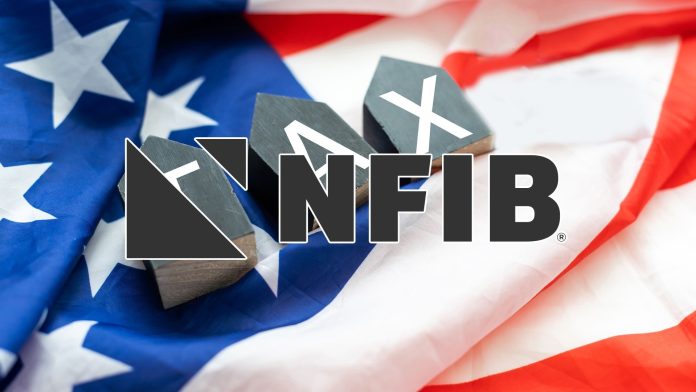A recent settlement involving a Spokane dermatologist highlights troubling misuse of COVID-19 relief funds. William Philip Werschler, along with his businesses—Spokane Dermatology Clinic, Premier Clinical Research, and 3rd and Sherman Plaza L.L.C.—has agreed to pay $1.4 million to resolve allegations of fraudulently obtaining financial aid designed to support struggling businesses. This case serves as a stark reminder for small business owners about the responsible usage of relief funds and the potential legal consequences of negligence in their application.
The CARES Act, enacted on March 27, 2020, aimed to provide much-needed financial relief to small businesses impacted by the pandemic. The Economic Injury Disaster Loan (EIDL) program under this act offered low-interest loans meant to help maintain operations during shutdowns. These funds were strictly designated for working capital to cover essential expenses such as payroll, rent, utilities, and debt payments—not for personal purchases or investments.
Between April 2020 and July 2022, records show that Werschler applied for EIDL loans for his businesses. Shortly after receiving these funds, he made personal purchases that included two high-end cars, totaling approximately $252,375, and used over $553,000 to buy two properties adjacent to his clinic. Such expenditures starkly violate the EIDL guidelines, which prohibit personal use or real estate investments with the loan money.
For small business owners, the implications of this case are significant. As they manage their finances during ongoing economic uncertainty, adherence to the terms of loan agreements becomes paramount. The EIDL program was established to support businesses in crisis, and mismanagement not only threatens the integrity of such relief efforts but also subjects individuals to serious legal repercussions.
“The CARES Act was intended to provide a lifeline for those facing unprecedented challenges,” stated a representative from the U.S. Attorney’s Office. “Misappropriating these funds undermines that intent and can lead to severe consequences.” This warning comes at a crucial time when many small businesses are still navigating the aftereffects of the pandemic and evaluating their financial strategies.
In examining the practical applications of this case, small business owners should recognize the necessity of compliance with federal funding guidelines. This includes maintaining comprehensive records of how relief funds are utilized and consulting with financial advisors to ensure that expenditures align with legal requirements. Far too many business owners might overlook these legal stipulations, potentially jeopardizing their financial health and future funding opportunities.
However, challenges also accompany stringent compliance measures. Many small business owners operate on tight margins and may feel pressured to utilize funds quickly to address immediate needs. This urgency can lead to decisions that violate relief fund guidelines. Furthermore, as the economy continues to fluctuate, understanding complex regulations can be daunting for small business owners already burdened with the daily operations of their companies.
For those eligible for future funding programs, due diligence and awareness are crucial. Engaging with legal and financial experts can help clarify eligibility criteria and ensure that funds are used appropriately, safeguarding against potential misuse claims.
This case underscores the critical balance small business owners must maintain: accessing available resources to weather financial storms while complying with regulatory mandates. As the landscape of small business funding evolves, the lessons learned from Werschler’s settlement will hopefully guide many toward more responsible financial practices.
For further details on the settlement, you can view the original press release from the U.S. Department of Justice here.
Image Via Envato: Angelov1



